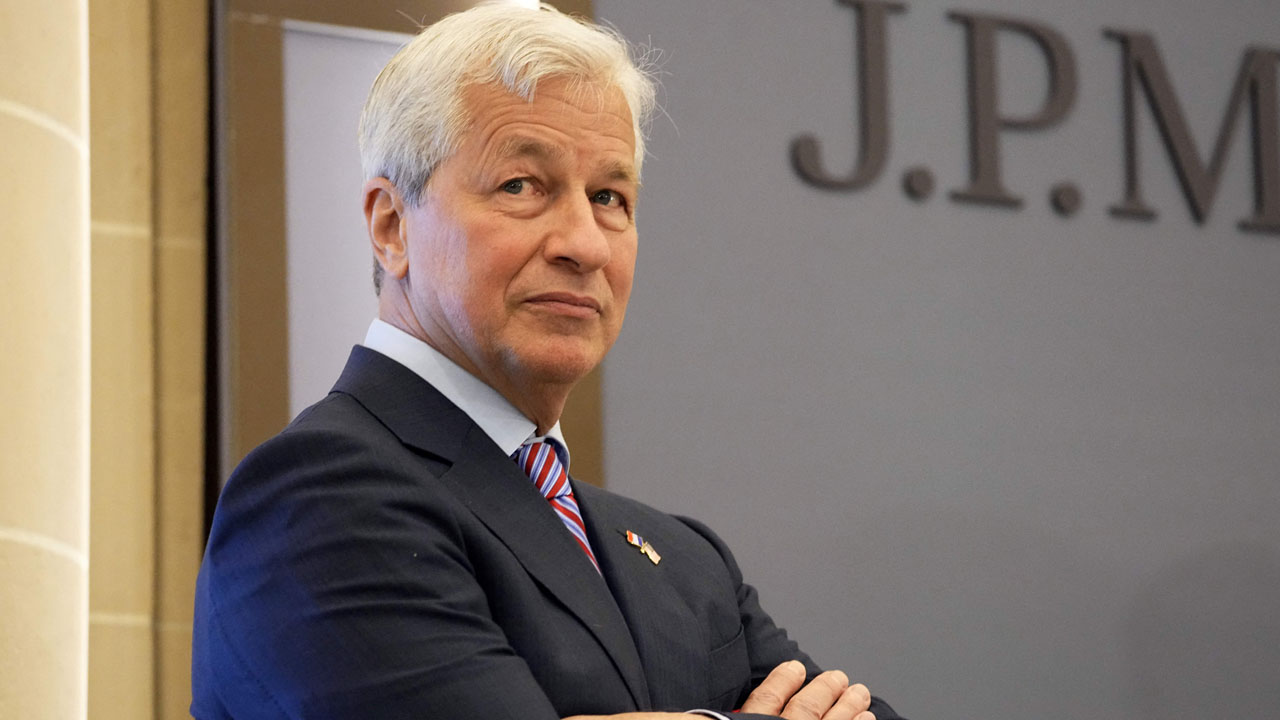
The Chairman and Chief Executive Officer of JP Morgan, Mr. Jamie Dimon, has advised countries, including Nigeria, who are seeking foreign direct investments (FDIs) to ensure consistency in their respective regulatory frameworks.
Dimon stated this on Wednesday at the 30th Nigerian Economic Summit, stressing that JP Morgan would double or even triple its investment in development banks.
To attract investment, he said, requires consistent laws, regulations, rules, legislation and legal environments.
He said it is only when those are in place, plenty of capital would be attracted.
“There is no mystery about that; you know, capital goes to where it’s taken care of where people think they can make some money and have a return on the capital in the long run. And very often countries, for example Nigeria, if they have very inconsistent policies, investors don’t want to go there,” he said
He added: “I think we in America do a much better job than I call development finance. If you look at our development institutions, we could double or triple that. And I think we should.
“JP Morgan will double, triple our investment in the development banks, but the real capital is private capital companies around the world that might be sovereign wealth funds, and they want to come here for investment opportunities.
“So to do that, requires consistent laws, consistent regulations, consistent rules, consistent legislations and consistent legal environments. If you have that, you will get plenty of capital here.”
He said people are afraid to make the needed investments because of uncertainties.
The investment bank’s boss pointed out that regulations do not inhibit companies from growing, rather good leadership, which encapsulates trust and good administration, is required to manage businesses effectively.
Meanwhile, the Federal Government has promised that it will work more closely with the private sector to actualise its eight priority areas.
Vice President Kashim Shettima stated this at the closing ceremony of NES#30 in Abuja.
The VP, who was represented by the Minister of Budget and Economic Planning, Senator Abubakar Atiku Bagudu, said the administration understood and accepted that partnership with the private sector was essential for the country’s economic growth and development.
“Over the last three days, this summit has facilitated deep and meaningful conversations among public, private, and civil society leaders.
He said: “Together, we have created an environment of mutual respect and dialogue. This understanding has informed our engagement with the Summit process, which has generated many policy recommendations for government action.”
The VP said implementing the current administration’s priorities, particularly the eight priority areas enumerated in the Renewed Hope Agenda, which is the administration’s strategy for repositioning the economy for macroeconomic stability, growth, and development, requires the support of all Nigerians.
He said that the government is waiting for the recommendations arising from the summit with a pledge that they would be implemented.
The Chairman of NESG, Mr. Niyi Yusuf, at a post-summit media conference listed three takeaways from the summit including that the country is going through difficult times, but there is a need to stay the course and nurture the seed, that there is a huge private sector capital on the continent waiting for the government to tap into for development and that opportunities are beyond Nigeria, as Nigeria has signed on to the African Continental Free trade Agreement (ACfTA).
Executive Secretary, National Primary Health Care Development Agency, (NPHCDA), Dr Muyi Aina, said Nigeria was still far from meeting the Sustainable Development Goals (SDGs).
He said only 10 per cent of the country’s 40,000 primary healthcare centres are functional and called on all, particularly the private sector to support the government.






